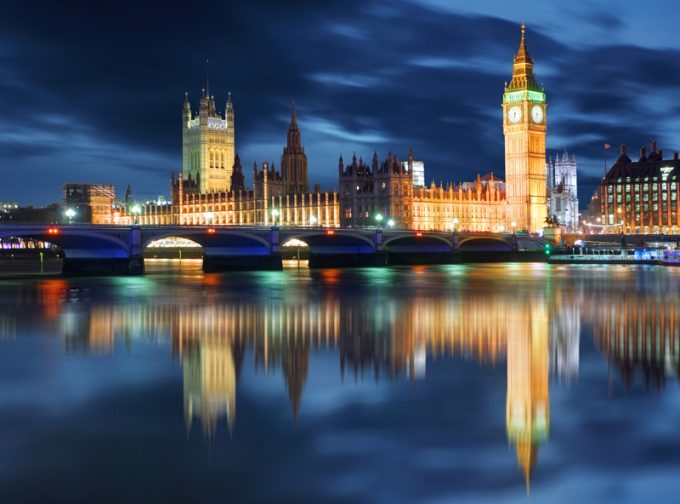Analysis: Felixstowe, London Gateway, MSC & Gemini – musical chairs in UK ports
MSC’s beady eye on Felixstowe?

Freeports (otherwise known as free-trade zones, or FTZs) are “not a magic wand for reviving struggling regions”, despite claims made by the UK’s international trade secretary Liz Truss.
Shortly following her appointment, Ms Truss claimed FTZs would transform towns and cities across the UK, but senior ports analyst at Drewry Maritime Neil Davidson said: “Most successful FTZs are those launched in already successful ports, ie the big busy gateways… critical mass matters.”
Mr Davidson told a parliamentary select committee on international trade this ...
Transpacific sees first major MSC blanks as rates fall and volumes falter
'It’s healthy competition' Maersk tells forwarders bidding for same business
White House confirms automotive tariffs – 'a disaster for the industry'
New price hikes may slow ocean spot rate slide – but for how long?
Shippers snap up airfreight capacity to US ahead of tariff deadline
Supply chain delays expected after earthquake hits Myanmar
Tighter EU import requirements proving 'a challenge' for forwarders

Comment on this article